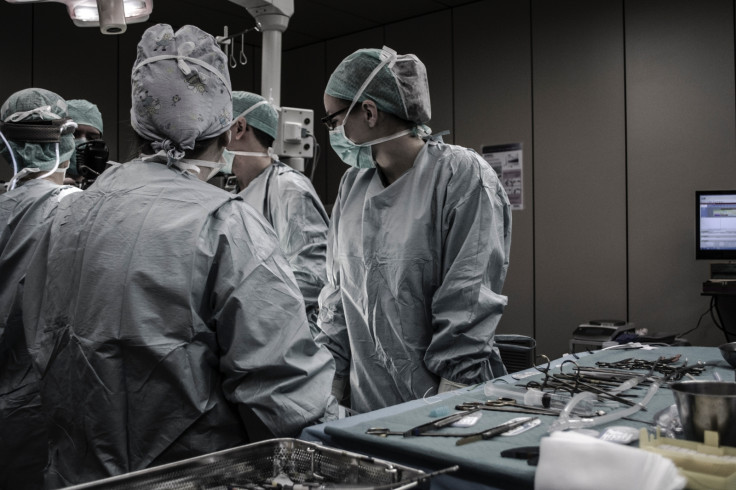Heart surgery risks double when operation is performed in the morning
Research highlights crucial role our biological clocks have on our heart.

The risk of having serious complications after open-heart surgery almost doubles when the operation is performed in the morning rather than the afternoon, according to new research.
"The time of day—that is, the biological clock or circadian rhythm—influences the patient's reaction to this kind of operation," David Montaigne, lead author of the study from the University of Lille, told AFP.
The body's circadian clock is in charge of regulating when we wake up and go to sleep, but it also influences our hormones and body temperature, among other things. When our circadian rhythms are repeatedly disrupted over long periods, the risks of certain mental health issues rise, while our cognitive function and memory formation can be affected.
For the latest research, David Montaigne, and his team examined the medical records of around 600 people who had undergone surgery to replace heart valves. Roughly half of the surgeries took place in the morning, while the other half were conducted in the afternoon.
Of those whose surgeries took place in the afternoon, 28 experienced heart attacks or other major heart complications within the following 500 days. In comparison, only 54 of the patients who had their surgeries in the morning experienced similar problems.
Furthermore, in a separate experiment which took place over a year, 88 patients were randomly scheduled to have valve replacement surgery either in the morning or the afternoon. The researchers took tissue extracts from both sets of patients, finding that heart samples from the afternoon surgeries showed less damage and better function than the tissue from the morning surgeries.
Genetic analysis of these tissue samples indicated that a host of genes linked to circadian rhythms were more active in the afternoon patients, highlighting the influential role that our biological clocks have on the heart.
The findings might mean that in future, high-risk patients may be scheduled to have surgery in the afternoon.
However, John O'Neill from the Medical Research Council Laboratory of Molecular Biology in Cambridge, said the discrepancy between morning and afternoon operations could also be explained by the varying abilities of the surgeons at different times of day.
"We know that hand-eye coordination, concentration and cognitive abilities are also affected by time-of-day," he said. "The circadian clock may affect outcomes from heart surgery, but understanding why—and how to leverage this information—requires more research."





















